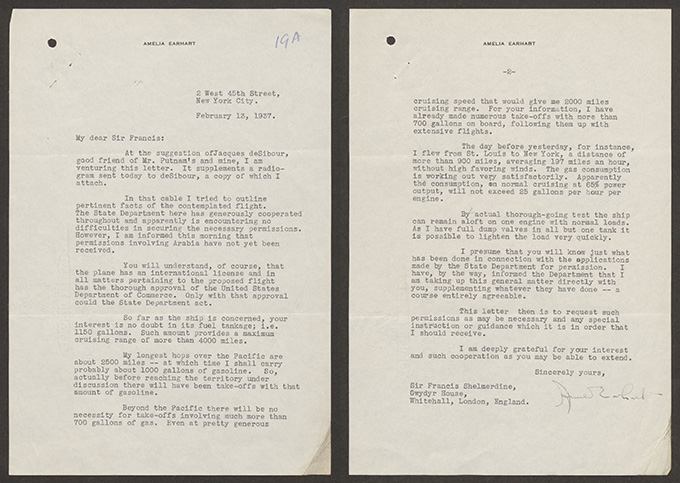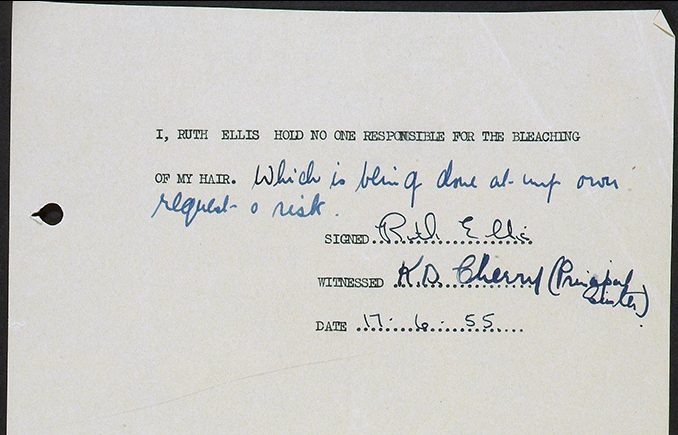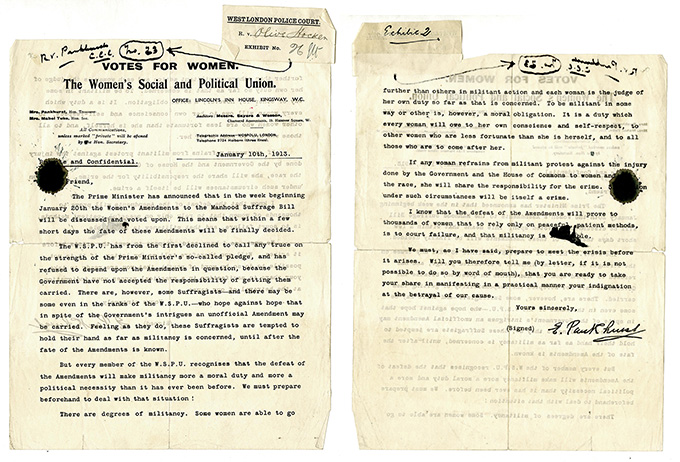The National Archives has a collection of orderable items standing in excess of 11 million, where an item can range from a sliver of parchment or paper to a box containing several hundred letters and more. It follows that, in document terms, our collection contains many more millions and it is The National Archives’ primary role to safeguard them all for posterity.
Although the greater part of the collection is composed of paper it includes items made of vellum, parchment, fabric, wood, stone, metal, glass and even the mortal remains of a rat. Put simply, our collection is eclectic and boasts items considered iconic in British and world history. Its richness and sheer scope means that interest in it is global.
For many that interest extends to a need to obtaining copies of our records to underpin their research, or curiosity, and the Archives provides several copying options pitched to meet the requirements of a global audience:
- Our Image library allows you to browse and buy high-resolution, already digitised images – from ancient maps to iconic advertising, as well as bespoke imaging orders usually of objects or records for publishing.
- Our Digitisation department provides high-volume digital imaging from within and outside of the collection – meaning it can digitally capture the collections of other archives, in private or other hands, and is in demand by academic, national and international organisations.
- Our Record copying department is set up to provide a research quality record copying service, mostly to individuals.
Let’s focus on the work of the Record copying department (RCD). RCD services are in growing demand and at any one time we have 3,000 orders being processed. As mentioned above, we provide a digital scanning service at research quality standard – meaning that we scan items at 300 dpi in .jpg and to a maximum A0 size. We only copy accessioned items from within our collection. Customers seeking higher resolutions, other formats or copies of items in excess of A0 are directed to the Image library.
We work to published costs and timescales and our prices are set by HM Treasury and on a cost recovery basis – we make no profit! All copying orders are placed via Discovery, our online catalogue. Since 2016 RCD no longer accepts postal requests for estimates or copy orders. Such orders, requests and payments must be made online or in person.
Anybody with access to the internet can order copies of our records. The online ordering service is quick, easy and offers several copying options that include digital delivery and paper copies, direct collection or postal and certification services. We also offer a certification service for any record within our collection.
The record copying process in RCD is in two parts: 1) The page check; and 2) The copying order itself. The page check is an essential first part of the record copying process. As our collection is the product of generations of accessioning this means that much of it pre-dates modern concepts of paper sizes etc. In support of our primary task and because the collection is so vast and diverse, we need to assess the condition of the document and count the number of pages to be copied so that our customers receive an accurate fee for the record copying order.
We have ten working days to complete a page check. Once received, the customer can place their actual copy order based on the options stated in the page check – they can select digital or postal delivery etc. A page check, once completed, is valid for six weeks before it expires. Once payment is made we have 14 working days to complete the copy order.

Amelia Earhart’s letter to Sir Francis Shelmerdine, 13 February 1937. Catalogue ref: AVIA 2/1082
Our work exposes us to some truly incredible, exciting and breathtaking records, and allows to us to view all manner of documents. From the routine (housing and local government files), the bizarre (such as a Victorian top hat design with built-in compass), the distressing (murder files often with gruesome content such as Ruth Ellis, Doctor Crippen etc), the enlightening (nautical maps, charts of discovery and great voyages of exploration – Captain James Cook, Sir John Franklin), the emotive (the accoutrements of an executed German spy, treaties with Native American tribes, the Haitian Declaration of Independence etc) to the extraordinary – the signed original correspondence of Winston Churchill, Amelia Earhart, Elizabeth I, Nelson Mandela, Emmeline Pankhurst, George Washington, to name but a few.

ELLIS, Ruth: at Central Criminal Court (CCC) on 21 June 1955 convicted of murder; sentenced to death; executed 13 July 1955. Image library ref: PCOM 9/2084(1)
Our services are geared to a research quality product and we have a simple demarcation of sizes. Every item scanned conforms to either A3 or A3+. Last year we scanned 249,889 x A3 and 6,442 x A3+ images. We also certified 2,596 documents – certifying copies is an additional service at The National Archives that only RCD can provide and is where we authenticate that the copies provided are true copies of the original document. This is usually only required if the customer needs copies of a record for legal purposes, for example if applying for a passport, or if it is being used in a court case.
The small team in RCD are experts in digitally scanning historical documents. They have no specialist knowledge beyond their primary task and do not have expertise in the documents themselves. We do not offer research advice and it follows that our page checking service is not a substitute for research. Indeed it is assumed that the customer has completed their research before submitting any order with RCD, and we rely heavily on the instructions provided by the customer. We always try our best but finding what is wanted is sometimes not possible, particularly in older complex documents and it may be that we have to abandon the order.

A circular from Emily Pankhurst, dated 10 January 1913. Image library ref: CRIM 1/140/1
We like to show off some of the material that passes through our door, so to speak. The ‘Curiosities of the Archives’ is a small display that can be seen by visitors to The National Archives. The items are chosen by RCD staff for their impact, significance and interest – promulgating discoveries from the collection is a joy, and we refresh this display monthly. Our September 2019 display features items on Catherine of Aragon, Franklin D Roosevelt, Joseph Kennedy, Neville Chamberlain, and a mocking letter signed ‘Jack the Ripper’ from 1888. Also featured are several maps including one of London after the Great Fire. There is also a poignant and powerful section on the first V2 attack that hit Chiswick this month in 1944.
Working in RCD is always challenging but never dull!